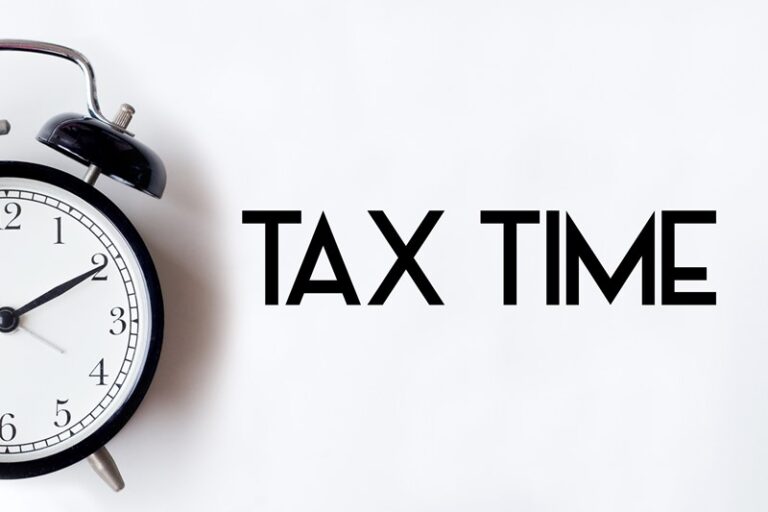There are special rules under the Tenancy Deposit Scheme that limits the amount of deposit that landlords in England can request. There are also further limitations on what landlords and agents can charge tenants.
If you are renting a residential property you may have to pay a deposit before you move in.
The maximum deposit your landlord can ask for is:
- up to 5 weeks’ rent if the rent for the year is less than £50,000
- up to 6 weeks’ rent if the rent for the year is £50,000 or more
They can also ask for a holding deposit to reserve a property. This can be up to one week’s rent.
If you are unable to afford the deposit, you may qualify for help from your local council. The council can tell you if you are eligible for:
- rent or deposit guarantee schemes;
- a discretionary housing payment if you get Housing Benefit or Universal Credit;
- local schemes to prevent homelessness; and
- if you are receiving certain benefits you may also be able to get a Budgeting Loan, or a Budgeting Advance if you are receiving Universal Credit.
In England, your landlord must keep your deposit safe using a government-approved tenancy deposit protection scheme if both of the following apply:
- you have an assured shorthold tenancy (AST); or
- your landlord took your deposit on or after 6 April 2007.
Source:Other | 23-06-2024




